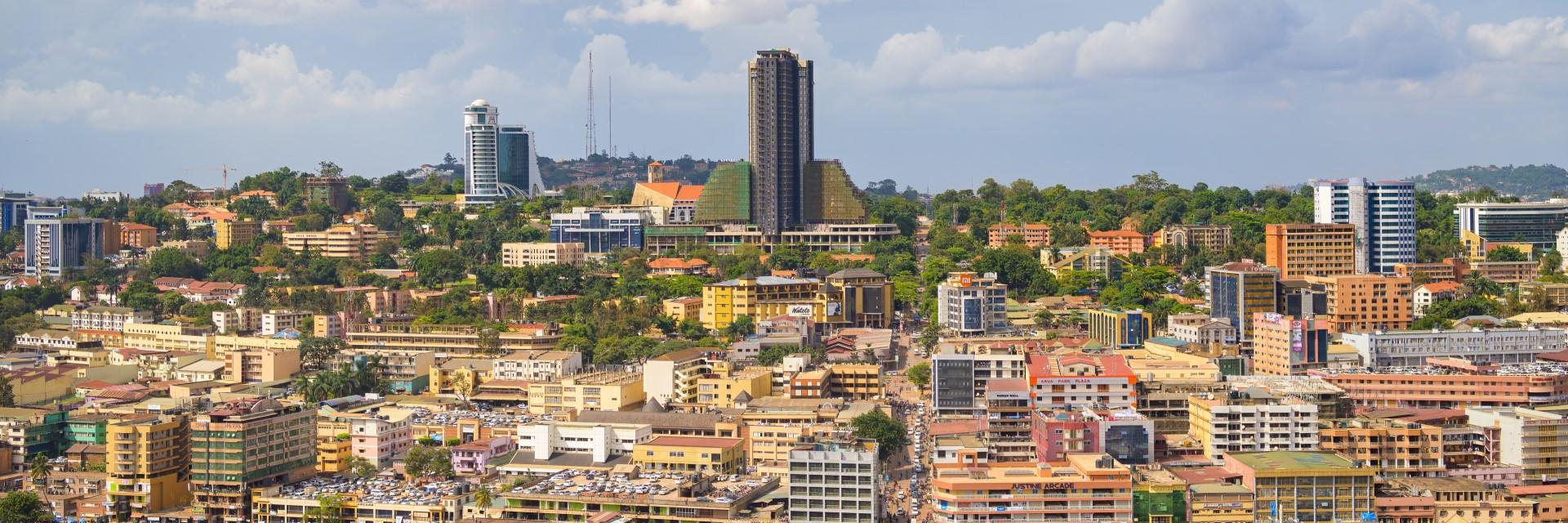By Lusungu Kayani*
Last week, the Economic Commission for Africa - ECA - organized the annual Regional Preparatory Workshop on Voluntary National and Voluntary Local Reviews on the margins of the 11th ARFSD in Kampala, Uganda. Day two of the workshop on Voluntary Local Reviews took an entirely different approach from previous forums by delivering an interactive, tailored training session to support local SDG and Agenda 2063 implementation in the Africa region.
In close partnership with UN-Habitat, DESA, and the United Cities and Local Governments Association for Africa, ECA organized a capacity-building session on SDG Localization Module 2: Planning for Change with the SDGs to strengthen the capacity of local actors to mainstream the SDGs into local planning processes, connecting planning with concrete, tangible transformative initiatives and solid monitoring mechanisms. In essence, the training provided a critical platform for peer learning and knowledge exchange on how to best align the SDGs in budgeting, monitoring and evaluation processes.
From the presentations and discussions, it emerged that the Voluntary Local Review Process serves as a springboard for mainstreaming the SDGs throughout all six steps of the strategic planning cycle, from needs assessment to monitoring and evaluation.
The innovation in the training was its participatory and engaging approach, relying on local government participants to build upon their own realities and real experiences, by drawing on the lessons learned in meeting the needs of a constantly evolving urban landscape.
National and local government participants from Ethiopia, Djibouti, Ghana, Mozambique, Senegal, South Africa, Tunisia, Zambia, Zanzibar and Zimbabwe presented their SDG localization journeys in an immersive activity and dialogue. This complemented the presentations on day 1 of the workshop by the 10 countries pursuing Voluntary National Reviews in 2025. Interestingly, many local governments pursuing a VLR also see it as an opportunity to contribute to national localization processes.
At different stages of implementation, the participants reflected on common challenges faced as well as the solutions they have devised, such as using spatial data and digital dashboards to visualize their challenges in delivering services; developing local indicators aligned to national and global frameworks; building local ownership through community engagement and joint action; and enhancing funding and investments through cross-sector partnerships.
Strategic urban and territorial planning decisions are essential for achieving sustainable and inclusive cities. Discussions demonstrated how Voluntary Local Reviews findings are influencing long-term urban development and improving service delivery. Furthermore, it was noted how integrating SDG-specific indicators in city monitoring and evaluation plans can lead to real transformation in the achievement of the sustainable development agenda.
What was perhaps the most inspirational thing to witness were the interactions and connections formed by participants as they shared insights from their journeys towards SDG Localization.
Participants shared feedback saying: “Learning from peers helped me gain more knowledge and understanding concerning VLR preparation. I also learned a lot regarding youth participation in VLR and VNR.” Others said the cross-fertilization of ideas was highly enriching; or they found the sessions “extremely supportive—learned new ideas." In addition, some spoke about “the broad insights and enhanced understanding from participating in the sessions.
ECA is committed to supporting localization in the Africa by working together with partners to build localization capacity.
*Lusungu Kayani is a Social Affairs, Officer in the Urbanization and Development Section and UN-Habitat SDG Localization Team at the Economic Commission for Africa

